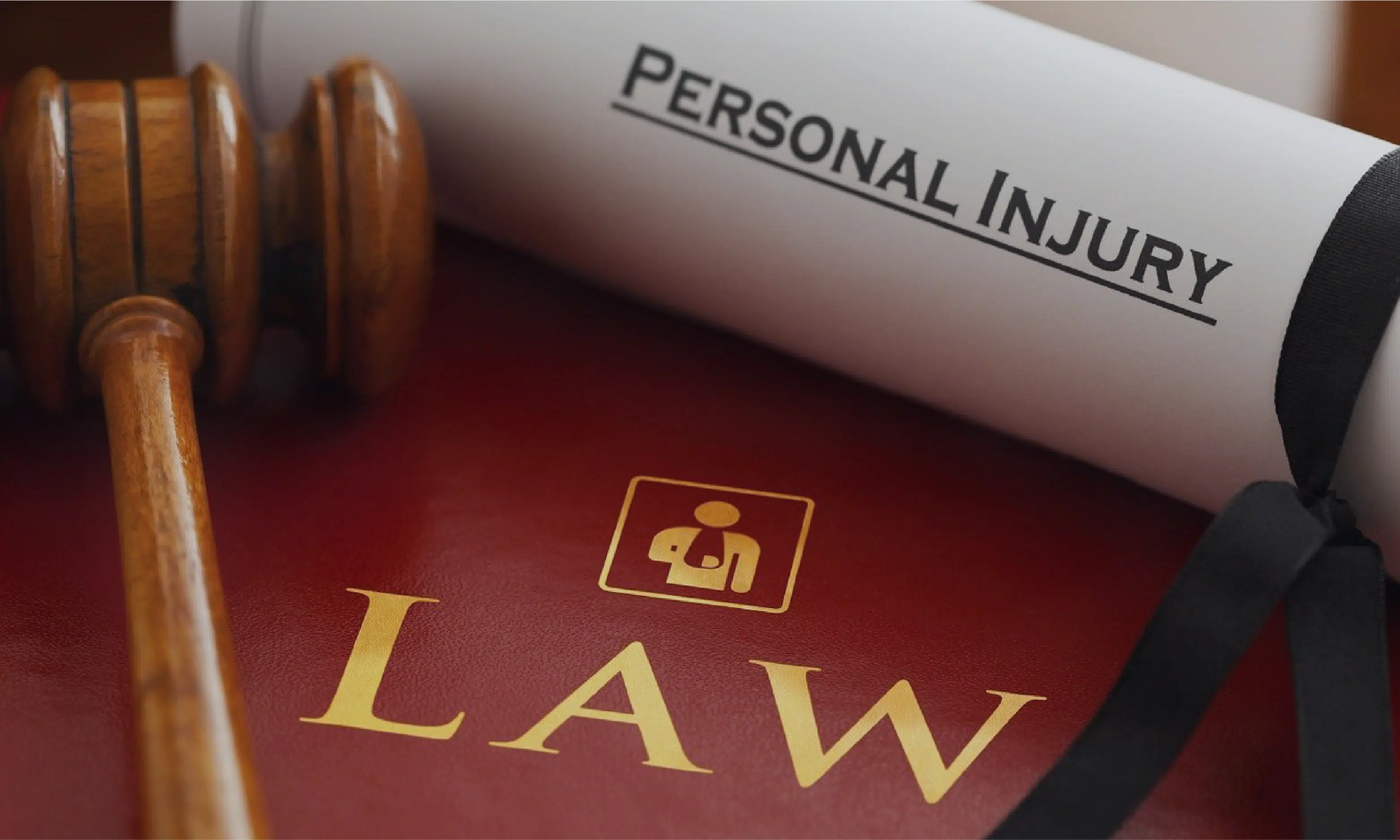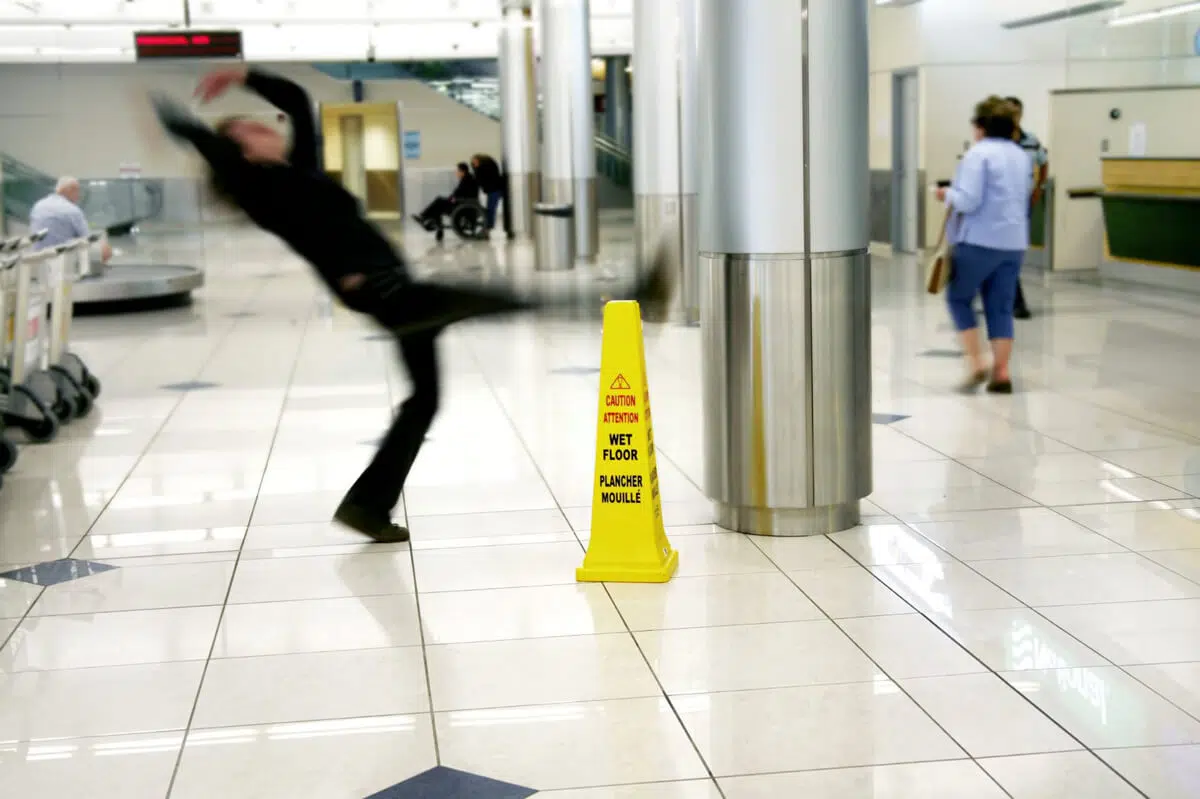What is the Statute of Limitations on Personal Injury in Illinois?
With so much local travel between Missouri and Illinois in the St. Louis region, it’s often surprising to find out how different some of the laws are. For example, the statute of limitations is quite a bit shorter for a personal injury in Illinois than it is in Missouri.
When someone is hurt in an incident— like a car accident or a slip and fall—and it is someone else’s fault, they deserve to receive monetary compensation for their injuries. Payment might come from a settlement with an insurance company or from a lawsuit. Every state has its own limit (called a statute of limitations) on how long they have to file a claim or to sue.
We outlined Missouri’s statute of limitations on personal injury in a previous article. Here is what you need to know if you are hurt in Illinois.
How Long Do You Have to File a Personal Injury Suit in Illinois?
The statute of limitations on personal injury in Illinois is 2 years. That means that victims have 2 years from the time of an incident to file a lawsuit. In a civil suit, the victim can sue for damages that include things like medical bills, ongoing care, lost wages, and pain and suffering. The goal of a personal injury settlement is to “make whole”, meaning, to provide the appropriate treatment to get the person back to full health, or as close as possible to full recovery.
This 2-year timeframe applies to cases of personal injury that were someone else’s fault. The injuries suffered can be due to negligence or intentional tort. Negligence covers an accident or some other mistake that ends up hurting another. Intentional torts are instances where harm is caused on purpose. This could include things like fraud or defamation, but from a personal injury standpoint, it means something like a fight or assault and battery. Intentional acts are usually subject to criminal charges as well, which may have different statutes of limitation.
Alternatives to the Accident Date to “Start the Clock”
If an accident is fatal, family members of the victim also have 2 years from the date of the crash to file a wrongful death suit. If an injured party succumbs to his or her injuries sometime after the incident, the family has 2 years from the date of death, rather than from the date of the crash.
A malpractice suit against a doctor is similar to a wrongful death suit in that the “clock” of the 2 year statute of limitations begins when the injury is discovered, rather than the date the doctor treated or operated on the patient. However, once the patient discovers a problem, the suit must be filed no more than 4 years from the time of treatment. For victims under 18 it is 8 years from the mistake, with no claim being filed beyond the person’s 22nd birthday.
Starting at a “discovery date” rather than the incident date also applies to accident injuries that do not show up immediately, called delayed onset injuries.
Things That Might Give You More Time
While delayed onset injuries, succumbing to injuries, or the discovery of malpractice can move the start date for the statute of limitations in Illinois, there are a few instances that can postpone or pause the time a victim has to file a lawsuit.
The following will adjust the 2-year personal injury statute of limitations in Illinois:
- If the victim is under 18 years of age, the 2-year clock starts on his or her 18th birthday.
- If the victim has a legal disability (meaning they have been deemed mentally incompetent) the clock starts when it is determined that the condition has been resolved.
- If the victim becomes legally disabled within the statute time period, the clock will pause until they are deemed mentally fit.
- If the defendant leaves the state of Illinois during the statute time period, the clock will pause and resume again when they return.
These situations can buy some time for a victim to file a lawsuit, but they should not be relied upon. For example, a judge might deny a request to delay the statute if there is not sufficient proof of a disability or that the defendant left the state. Instead, it is best to move quickly to file the appropriate documents to begin a lawsuit. Personal injury attorneys like Hipskind & McAninch can review your case and make sure that all deadlines are met.
Special Circumstances
The normal statute of limitation rules apply to all instances of personal injury, unless they happen on government-owned or public land. If someone gets hurt on city or county property in Illinois, a formal claim must be made in accordance with the Illinois Court of Claims Act with the State Attorney General within one year of the incident. If the matter is not resolved and the victim wishes to file suit, they have 2 years from the incident to do so.
There are strict requirements for suing government entities besides the statute of limitations. These lawsuits are difficult to win, so working with qualified St. Louis personal injury advocates you can trust is recommended.
Why Filing on Time is So Important
Missing the deadline set by the statute of limitations on personal injury in Illinois also means missing the chance to collect fair compensation. There is nothing preventing a victim from filing the necessary papers with the court, however, the defendant’s attorney simply needs to file a motion to dismiss the case. Unless there is a valid reason, the judge will grant the motion.
Statutes of limitation are put in place to ensure that the legal system proceeds efficiently. They also prevent people from holding an incident over someone’s head by threatening a lawsuit indefinitely. Even if the victim has obvious injuries or the defendant is obviously guilty, the rules are strict for not filing on time.
If you have suffered a personal injury in Illinois through no fault of your own, you deserve compensation from the at-fault party. But you must start the wheels in motion as soon as possible to meet the statute of limitations. Contacting Hipskind & McAninch is a wise first step.
Category:


